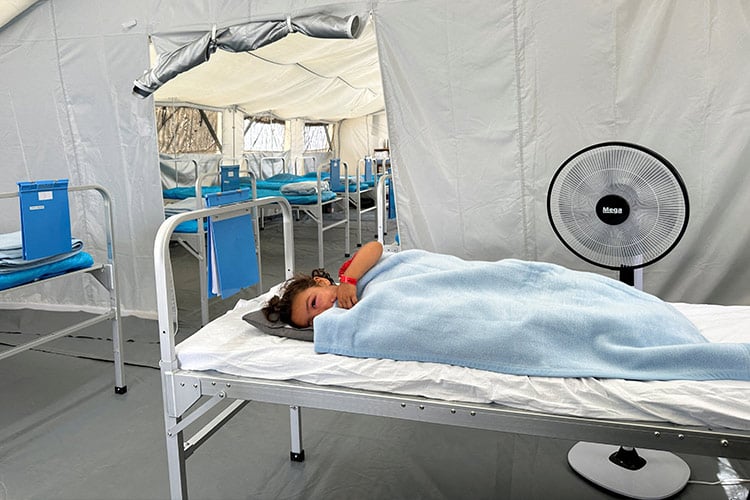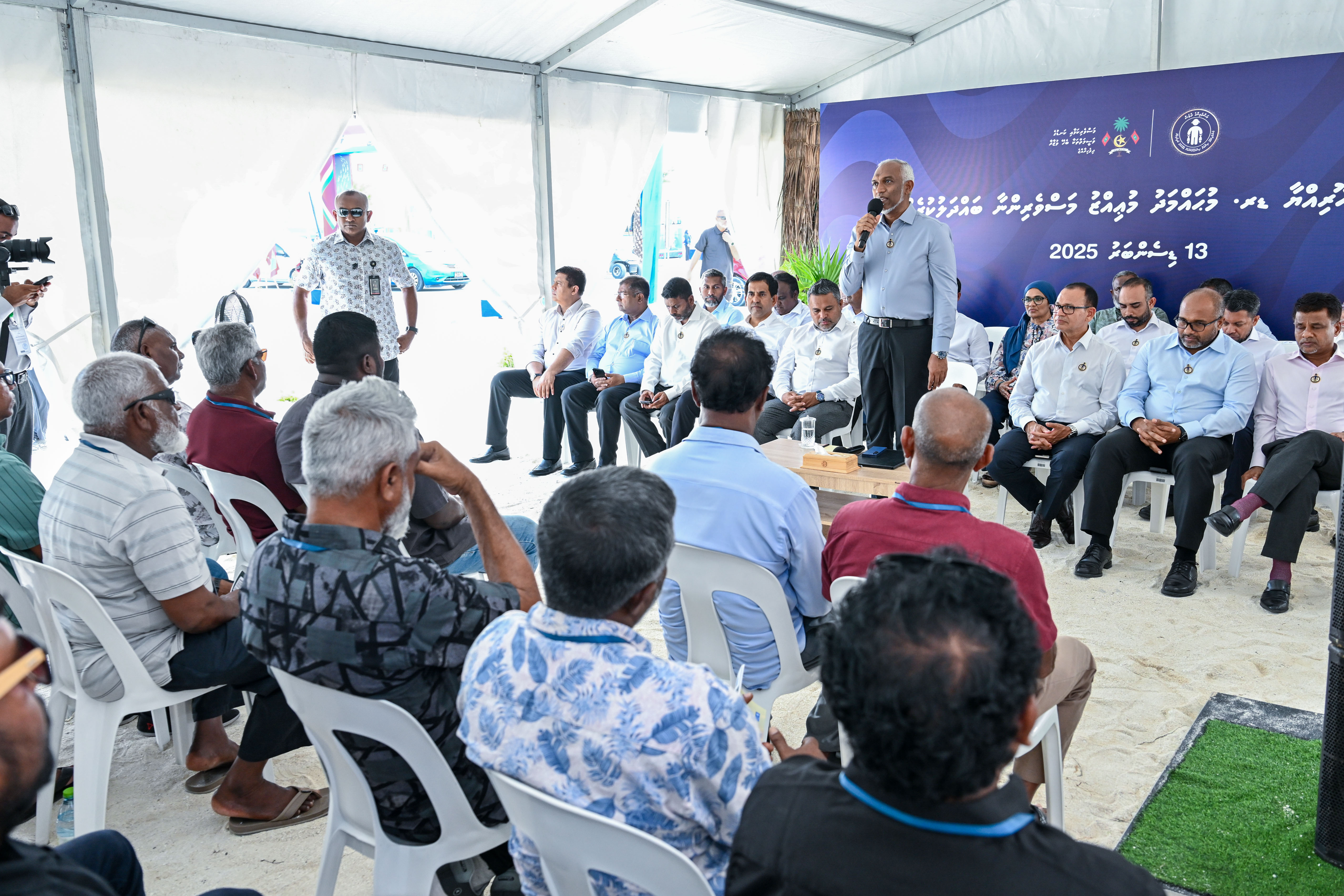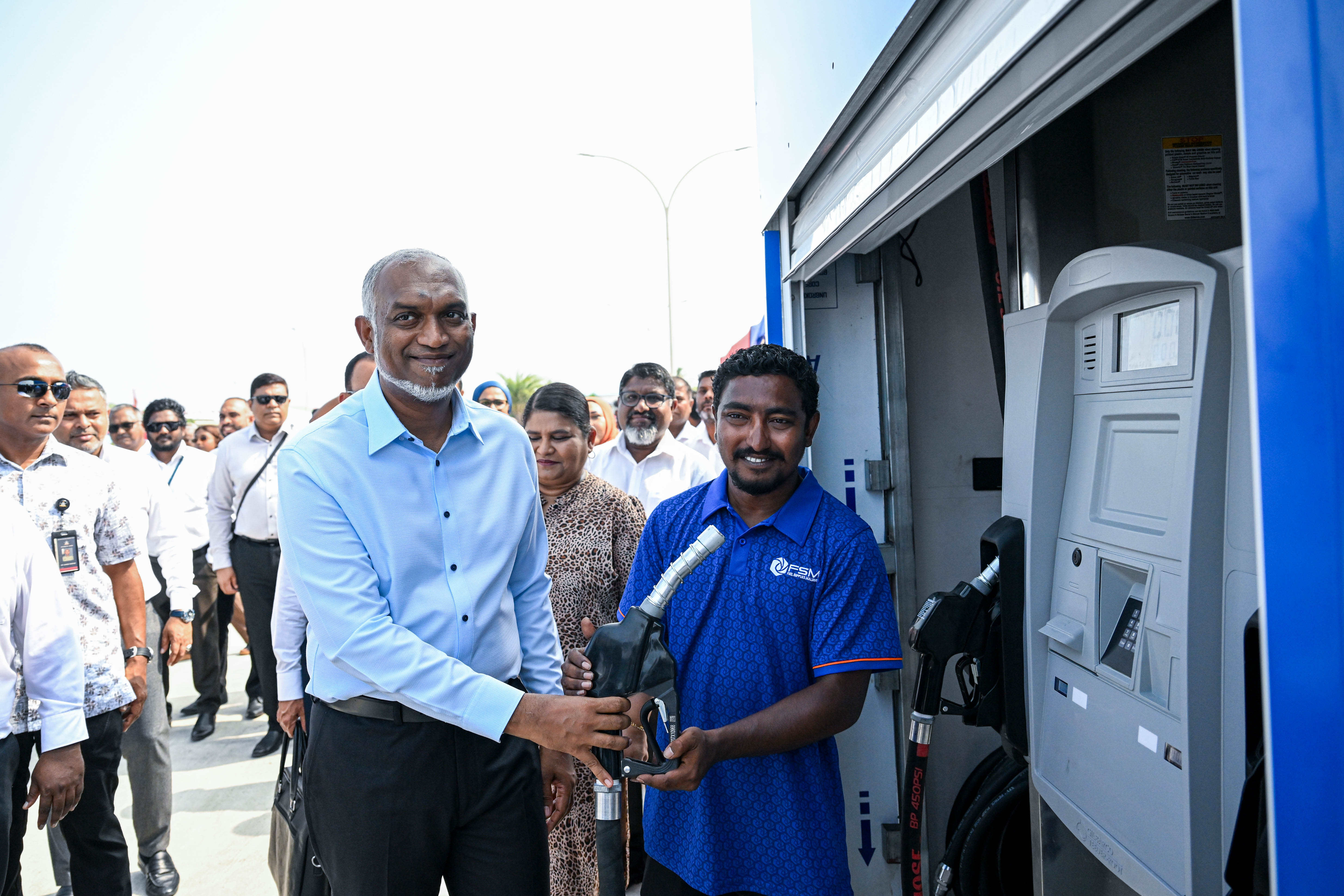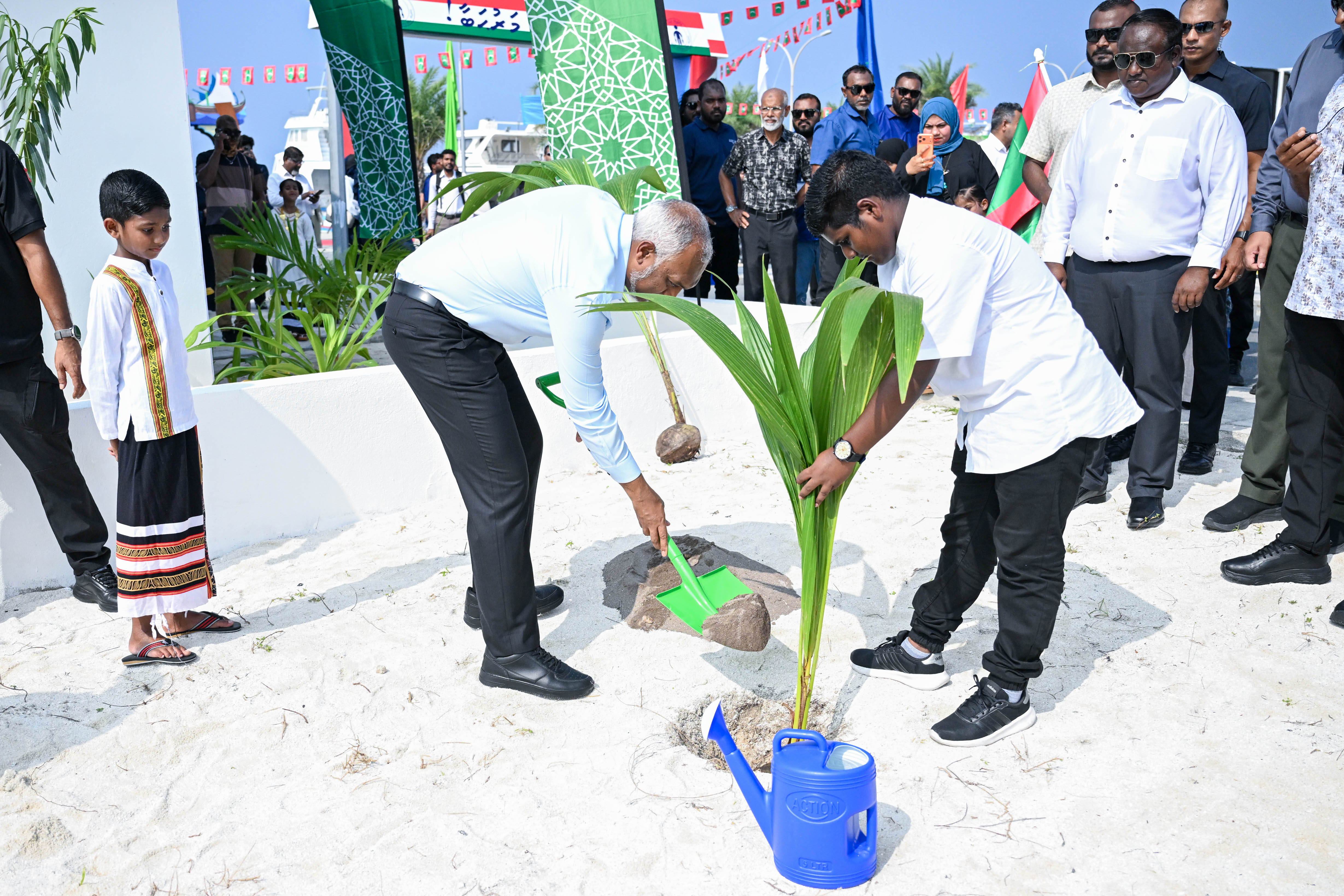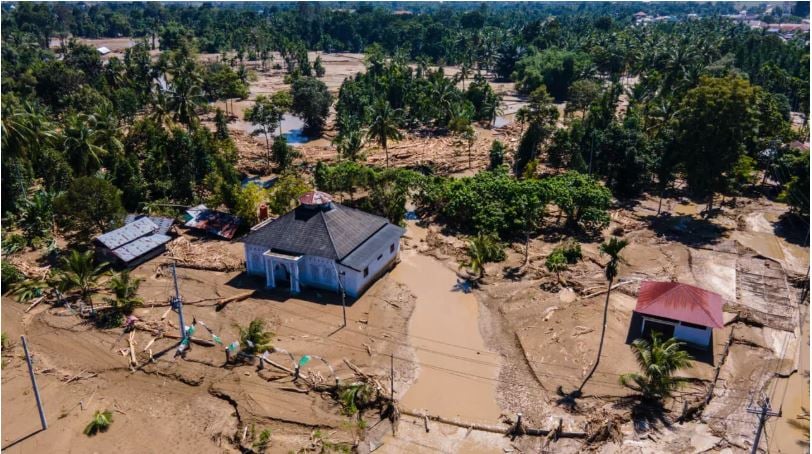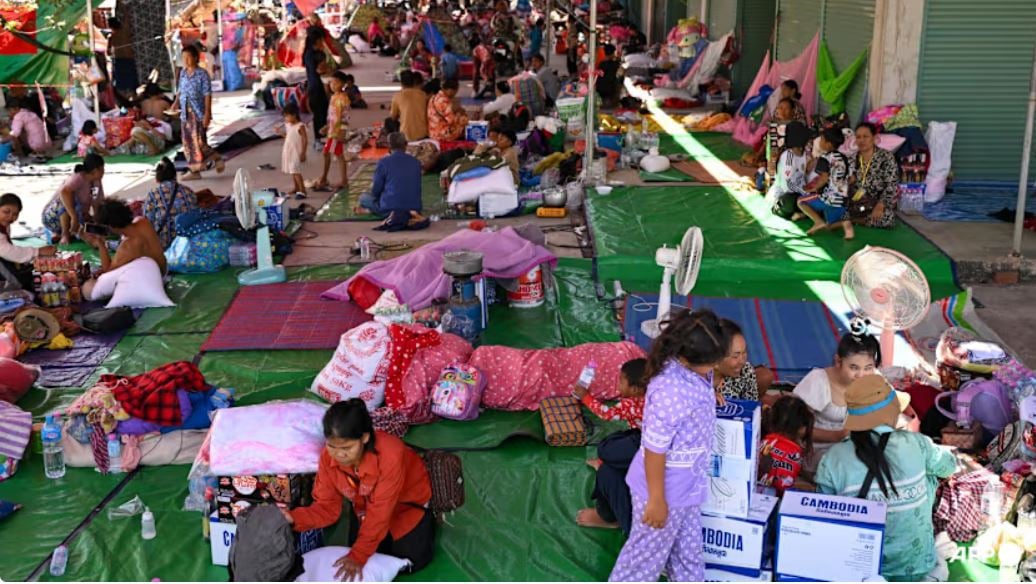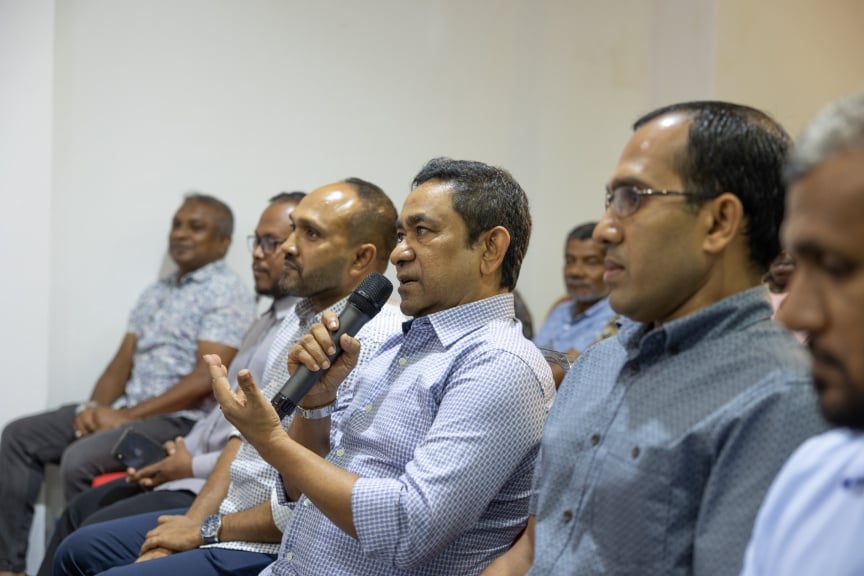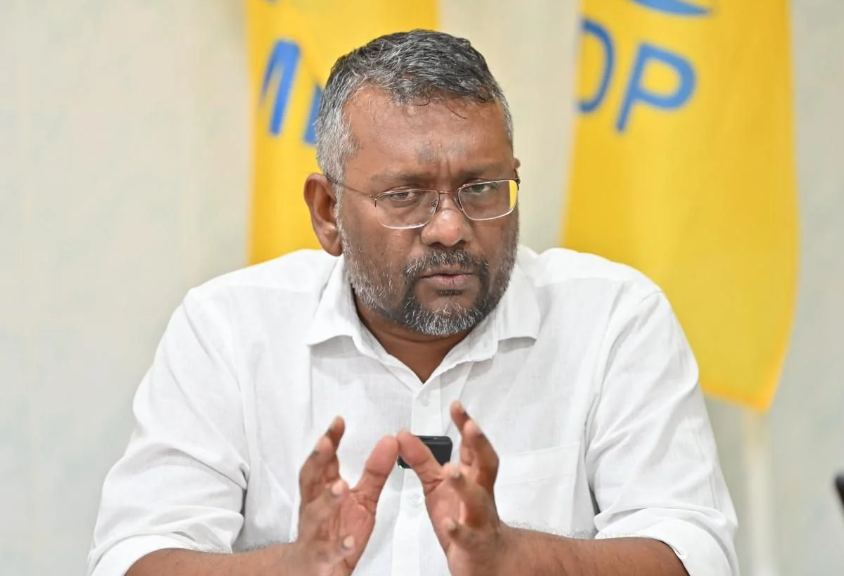The World Health Organization (WHO) announced on Friday that it has not received any medical supplies in the Gaza Strip for the past 10 days, as Israel intensifies its offensive against Hamas. WHO spokesman Tarik Jasarevic highlighted the dire situation resulting from Israel's closure of the Rafah crossing, a crucial entry point for humanitarian aid.
“The last medical supplies that we got in Gaza was before May 6,” Jasarevic said. The closure of the Rafah crossing into Egypt on May 7, following Israeli troops' entry into the city of Rafah, has severely hindered the delivery of essential aid. This action is part of Israel's ongoing military operations against Hamas, which were initiated in response to attacks by the militant group seven months earlier.
The humanitarian crisis in Gaza is escalating, with UN agencies warning of a looming famine. Besides Rafah, the Kerem Shalom and Erez crossings from Israel have also been largely inaccessible. Jasarevic emphasized the critical need for fuel to keep Gaza’s health facilities operational, noting that the territory's clinics and hospitals require up to 1.8 million liters of fuel per month. Since the border closure, only 159,000 liters have been delivered to Rafah, a quantity deemed grossly insufficient.
“This is clearly not sufficient,” Jasarevic stated, adding that only 13 out of 36 hospitals across Gaza are currently "partially" operational. The shortage of fuel threatens to shut down even these remaining facilities, endangering countless lives. “Hospitals still functioning are running out of fuel, and that puts so many lives at danger,” he warned. The ongoing military operations in Rafah exacerbate the risk to civilians in the area.
The conflict, which began with a Hamas attack on October 7, has resulted in significant casualties. According to an AFP tally based on official Israeli figures, over 1,170 people, mostly civilians, have been killed in Israel. Of the 252 hostages taken by Hamas, 128 remain in captivity, with the Israeli army reporting that 38 have died. In Gaza, more than 35,300 people, predominantly civilians, have lost their lives since the outbreak of hostilities, as reported by the health ministry of the Hamas-run territory.
“The last medical supplies that we got in Gaza was before May 6,” Jasarevic said. The closure of the Rafah crossing into Egypt on May 7, following Israeli troops' entry into the city of Rafah, has severely hindered the delivery of essential aid. This action is part of Israel's ongoing military operations against Hamas, which were initiated in response to attacks by the militant group seven months earlier.
The humanitarian crisis in Gaza is escalating, with UN agencies warning of a looming famine. Besides Rafah, the Kerem Shalom and Erez crossings from Israel have also been largely inaccessible. Jasarevic emphasized the critical need for fuel to keep Gaza’s health facilities operational, noting that the territory's clinics and hospitals require up to 1.8 million liters of fuel per month. Since the border closure, only 159,000 liters have been delivered to Rafah, a quantity deemed grossly insufficient.
“This is clearly not sufficient,” Jasarevic stated, adding that only 13 out of 36 hospitals across Gaza are currently "partially" operational. The shortage of fuel threatens to shut down even these remaining facilities, endangering countless lives. “Hospitals still functioning are running out of fuel, and that puts so many lives at danger,” he warned. The ongoing military operations in Rafah exacerbate the risk to civilians in the area.
The conflict, which began with a Hamas attack on October 7, has resulted in significant casualties. According to an AFP tally based on official Israeli figures, over 1,170 people, mostly civilians, have been killed in Israel. Of the 252 hostages taken by Hamas, 128 remain in captivity, with the Israeli army reporting that 38 have died. In Gaza, more than 35,300 people, predominantly civilians, have lost their lives since the outbreak of hostilities, as reported by the health ministry of the Hamas-run territory.





